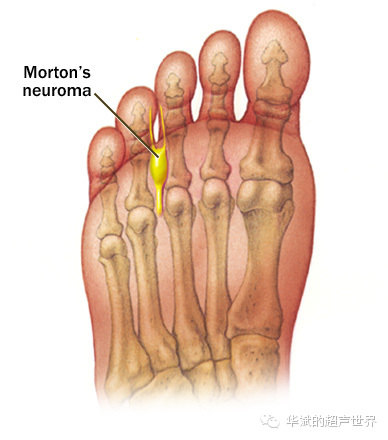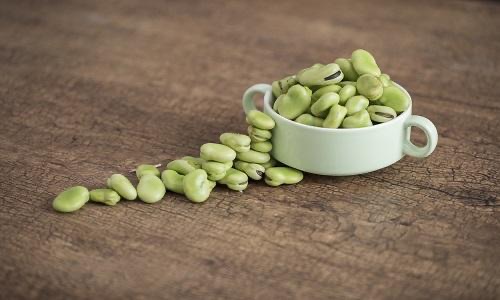Once winter starts, it is like entering a magical "stroke magic house", and it feels like all the neighbours around us, especially those who have three high problems, seem to become the "lucky ones" of stroke one by one. Why fall and winter will become the high incidence of cerebrovascular disease? Three high friends, like the body of a group of "old grandpas and grandmothers", in the winter wind trembling, blood vessels in the "wheel" have accumulated a lot. When the weather is cold, blood vessels begin to "tighten", like ageing rubber bands lose elasticity. At this time, if the adaptive capacity of the cerebral blood vessels also follows the reduction, it is like an ageing water pipe is prone to burst, and cerebral infarction or cerebral haemorrhage is easy to come to the door.
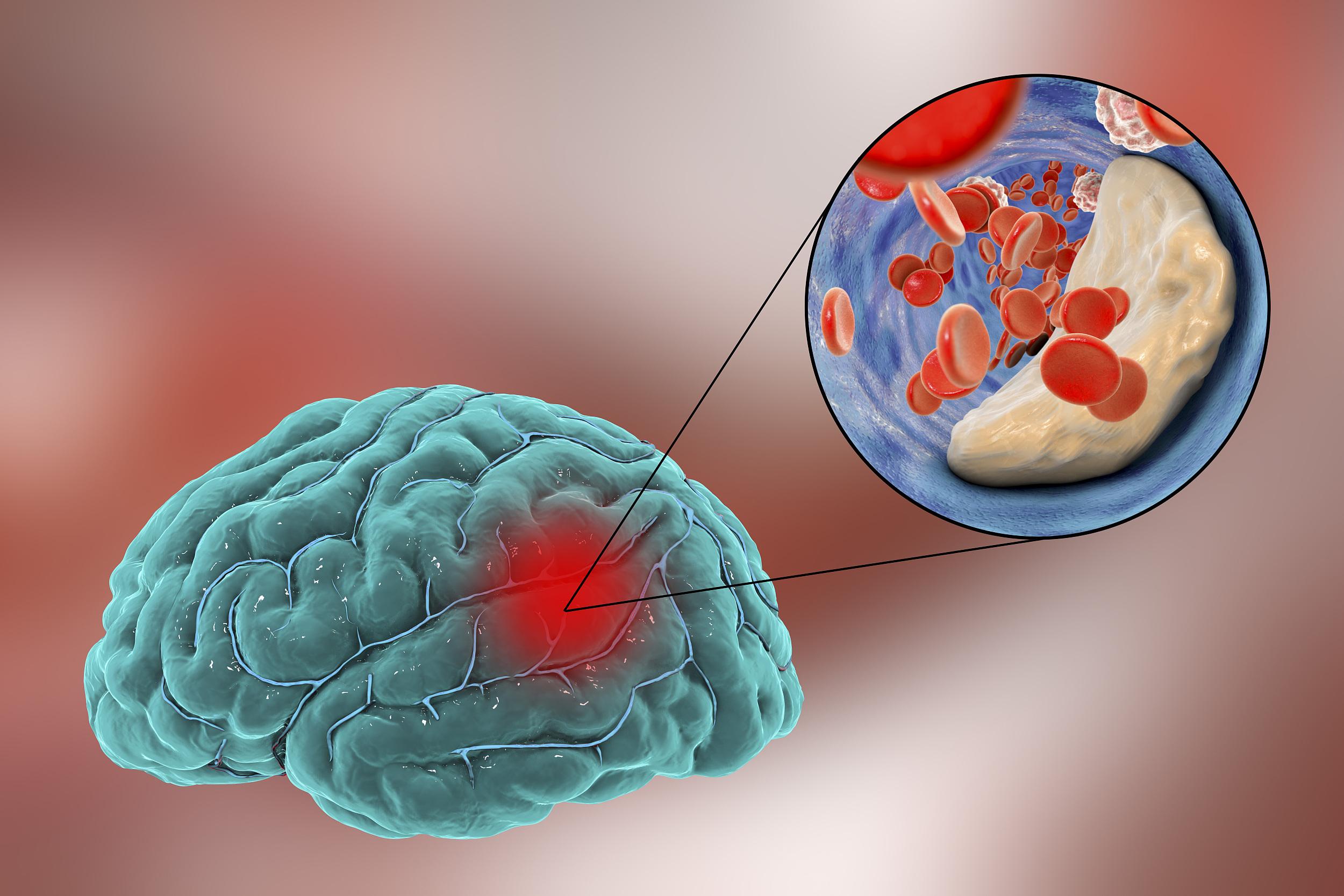
The "big brother" of stroke is a real crowd-pleaser, and especially likes to show up at winter "parties". So, what are his preferences? Stroke has eight brothers, namely hypertension, diabetes, hyperlipidemia, atrial fibrillation, overweight, smoking, less exercise and a family history of stroke. These "eight brothers" are like circus performers, one after another on the stage, to get you around.
First of all, let's recognize the "eight brothers". High blood pressure is like the "oldest", loves to make sudden attacks and let a person be taken by surprise. Diabetes is the "second", which quietly sneaks into your body, and gives you a sugar-coated bomb. Hyperlipidemia is the "third", making your blood gooey and sticky, like thick chocolate sauce. Atrial fibrillation is the "fourth," making your heart race and making you feel like you're on a roller coaster. Being overweight is the "fifth", making you feel like a penguin when you walk. Smoking is the "sixth", making you inhale countless "little devils" and turning your body into their playground. Lack of exercise is the "seven", making you lazy and not even wanting to walk. Finally, a family history of stroke is the "eight", a risk you carry from birth, like a sword hanging over your head. So how do you deal with this "big brother" who loves to have a good time? First of all, we have to take care of the "eight brothers", do not let them make trouble in your body at will. If you find that more than three brothers are messing around in your body, then you have to be vigilant because you are standing on the crater of a volcano, which may erupt at any time. If you have a family history of strokes or have already had a history of strokes, then you need to be even more wary because it's already like a ticking time bomb in your head that could explode at any time.
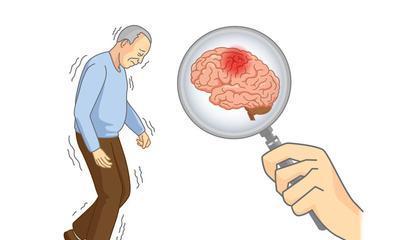
In this battle with the "eight brothers", we have to use weapons wisely. First of all, to correctly recognize and treat high blood pressure, high blood sugar, and high blood fat these three "big people". Once they are entangled, it is like being tied with shackles, unable to move. Therefore, do not leave it to chance, refusing to take medication, to control these guys at the normal level, with the improvement of living standards, home men and women's lifestyle has become more and more "comfortable", like a lazy cat, lying on the couch every day to enjoy the food and entertainment. This lifestyle is like stuffing the body with too much "food", leading to the problem of overweight becoming more and more common. Being overweight is like putting a heavy “armour” on your body, which puts tremendous pressure on your cardiovascular and cerebrovascular circulatory system, making it a high-risk factor for stroke. To control weight is like putting on a well-fitting "sports suit". Body mass index (BMI) is like a "health scale". Dividing the two numbers, weight and height will tell you whether your body is "healthy" or not. If your BMI exceeds 24, you are wearing oversized sportswear and need to adjust your diet and exercise to get your body back on track.
A stroke is like an uninvited "surprise guest" that can bring you unexpected "surprises" if you are not prepared in advance. So, is there any way to detect this "uninvited guest" in advance? The answer is yes! Through brain health screening, we can conduct cerebrovascular MRI (MRA) and CTA examinations, as well as carotid ultrasound examinations for people at medium to high risk. It's like installing a "surveillance camera" on your body to keep an eye on your cerebrovascular health.
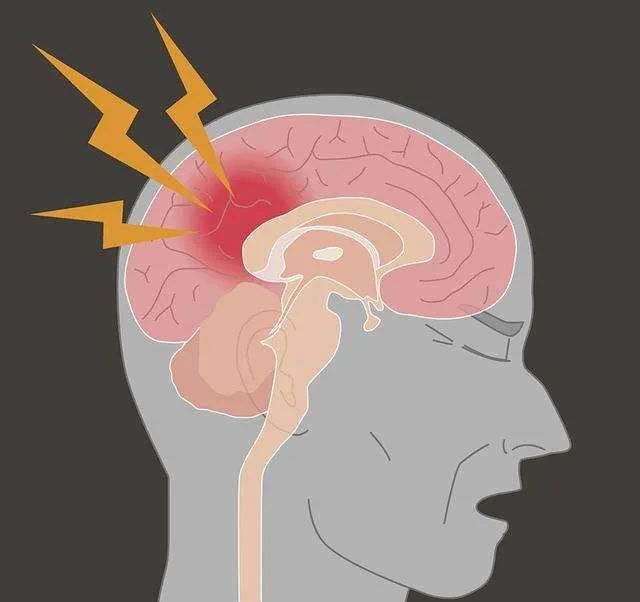
At the same time, these tests can also detect potential time bombs, such as cerebral aneurysms and cerebrovascular malformations. A cerebral aneurysm is like a "small balloon" connected to the cerebral blood vessels, which may rupture and bleed at any time, and once bleeding, the mortality rate is extremely high. Therefore, timely detection and treatment of these diseases is like installing an "airbag" to protect your life. Therefore, with winter approaching, I hope everyone can pay attention to their brain health.
